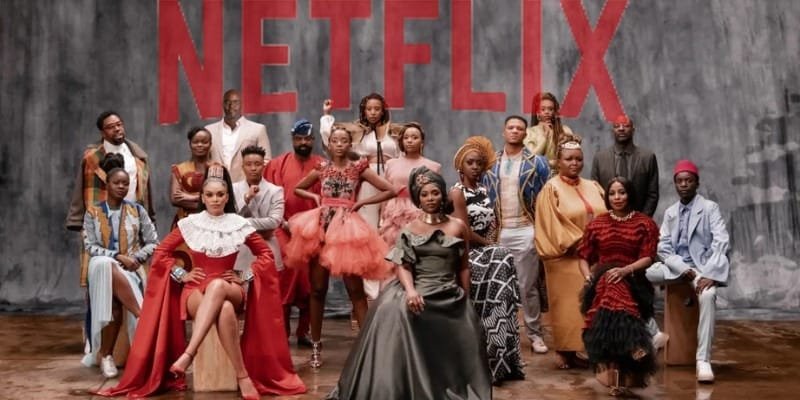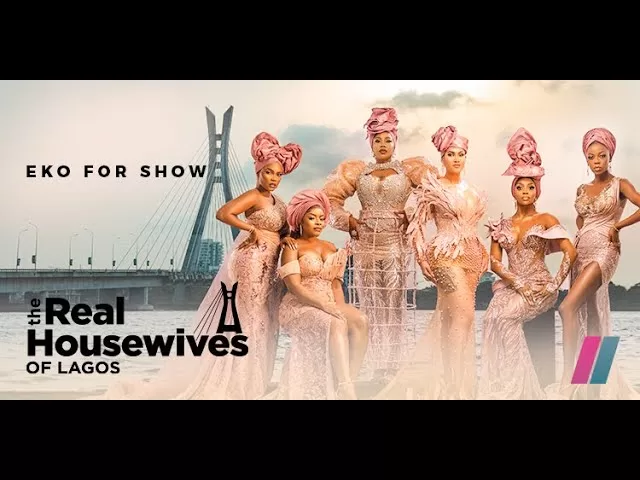Nollywood has reached that explosive moment where content creation has taken centre stage in movie promotions. This reorders movie and series marketing from the highest forms of traditional methods to social media leveraging, influencer collaboration, and direct audience engagement. While some actors and filmmakers have mastered the art, others are still perfecting their strategies. Amid the constant reinvention of Nollywood, content-driven promotion has emerged as a game-changer.
Gone are the days when a simple trailer and posters would suffice. Today, Nollywood stars and filmmakers are leveraging the power of digital tools to connect with audiences on a deeper, more personal level. From viral skits to behind-the-scenes content and influencer collaborations, movie promotion has become a creative process. The approach is about selling tickets and creating a cultural moment audiences can engage with long before the film’s release.
This article explores how Nollywood embraces content-driven promotion, the challenges involved, and the industry’s future. With insights into strategies by notable stars and filmmakers, it becomes clear that this innovative approach is reshaping how movies are marketed in Nigeria.
Leading the Way: Funke Akindele and Toyin Abraham
One of Nigeria’s most successful filmmakers, Funke Akindele, leads the pack in this transformation. To herald her new movie entitled Everybody Loves Jenifa, which goes to the cinemas on December 13, 2024, Akindele creates the buzz with a cocktail of skits, behind-the-scenes content, and TikTok trends. Her iconic character Jenifa from Jenifa’s Diary remains a favourite among Nigerian audiences, and Akindele effectively capitalises on this familiarity in her social media campaigns. She maintains her audience’s interest well before any film’s release by partnering with influencers and creating content that borrows from Nigerian cultural themes.
The other powerhouse for content-driven promotion is Toyin Abraham. Abraham is at the forefront of using Instagram and TikTok to promote her work. Her ways of keeping her fans entertained include funny skits and viral challenges, including co-stars and influencers to help spread her brand. Her upcoming film, Alakada: Bad and Boujee, which is coming to the cinemas on December 20, 2024, Abraham’s relatable humour reaffirms her connection with audiences as one of the favourite stars in Nollywood.
@toyin_abraham Eti ri Nkan Nkan #AlakadaBadandBoujee • Coming in hot to all cinemas nationwide December 20th 📌 #ABBMovie ♬ original sound – Toyin Abraham
Diversifying Content Strategies: From YouTube to Instagram
Even though actresses such as Funke Akindele and Toyin Abraham are well-known for their social media efforts, other stars are taking a different tack in the content creation field. Taking a different turn, for instance, is Bimbo Ademoye, who has moved from comic web series to filming, producing, and releasing her movies on YouTube. This strategy is not only usually put at the fingertips of her fans but also represents new markets opened to them globally.
On the other hand, Ruth Kadiri interacts with her fans on Instagram by posting snippets of her movies. Other film producers have taken to YouTube and even replicated similar promotional styles like that of Kadiri. This direct interaction has allowed them to amass a loyal and engaged audience.
Male Filmmakers and the Power of Behind-the-Scenes Content
Male filmmakers are also riding the wave of content-driven promotion. Niyi Akinmolayan, director of The Prophetess and Elevator Baby, shares behind-the-scenes content, production insights, and filmmaking tutorials on social media, establishing himself as a director and thought leader. Kunle Afolayan, known for films like Anikulapo, uses Instagram to share the cultural narratives and creative processes behind his movies, providing followers with an intimate glimpse into his work.
The Game-Changer: YouTube as a Platform for Promotion
Among the most striking developments in Nollywood’s promotion strategies is its acceptance of YouTube. The site has become vital for filmmakers to showcase their works and engage audiences. The fact that Bimbo Ademoye went the extra mile of releasing feature films directly onto YouTube, complete with snippets, behind-the-scenes content, and interactive elements, further shows this trend.
It has benefited independent filmmakers who cannot afford cinema releases or get a deal with Netflix or Amazon Prime but still desire to reach as big an audience as possible. It’s also a launchpad for short films, web series, and documentaries, where it gets filmmakers closer to the viewers without intermediaries.
Looking Ahead: Nollywood’s Content-Driven Future and Its Challenges
Not all promotions have been well-received, though. Whenever it feels like promotional skits or materials are forced or completely irrelevant to the movie’s content, audiences have swiftly panned them. Ideally, effective promotion entails creating content that best connects with audiences and even finds a place amidst trending culture while being an asset rather than an irritant to the narrative. When well done, these promotions instigate conversation among fans as they speculate, share, and even create their own content about the movie.
Yet, despite its successes, content-driven promotion in Nollywood is not without its set of challenges. Smaller filmmakers have to struggle through tight budgets, restricted technical resources, and power shortages that hamper the production of quality marketing material. While hundreds of Nollywood films are released yearly, it takes an imaginative and well-executed strategy to have them noticed. Filmmakers who can create engaging, culturally relevant content are more likely to capture and retain audience attention.
In the future, Nollywood will continue strengthening its global presence as filmmakers yield innovative digital marketing techniques. This not only ensures box office success but also develops a much closer relationship with audiences from all over the world. Nollywood has grown into one of the most dynamic and evolving industries.















